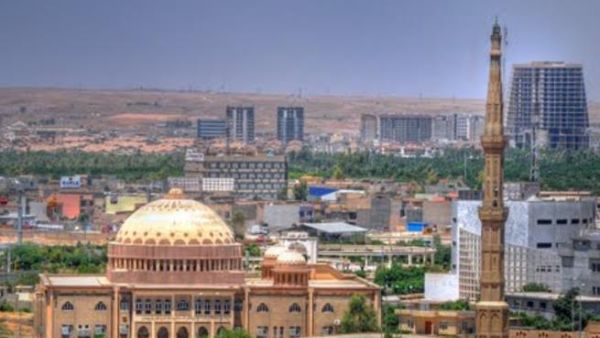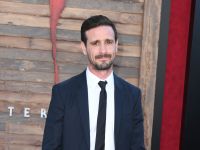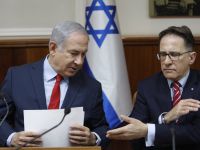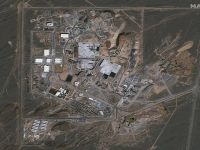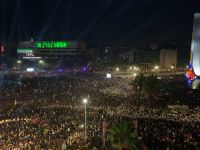The Kurdistan Regional Government is sounding out investors about a potential debt financing, although a number of gray areas need to be clarified before any deal emerges.
Kurdish officials led by the deputy prime minister were in London last week holding private talks with fixed-income accounts, according to investors. Deutsche Bank and Goldman Sachs were the arrangers of the meetings, the investors added. The banks declined to comment.
Kurdistan, a semi-autonomous region of northern Iraq, needs money to meet a growing security bill, to pay public-sector employees and to fund much-needed infrastructure development. “They have a huge list of needs,” said one banker who has followed the situation closely.
But with Kurdistan at loggerheads with the Iraqi central government over several key issues, not least the region’s share of the national budget, officials are looking at different avenues for raising cash, including, potentially, the capital markets.
Investors who met the delegation said discussions were at a preliminary stage with no specifics yet on the format of any deal. A straight bond, loan or some sort of structured note are all possible options. “It was an overview from their side. They’re exploring their options,” said one.
“The meeting was to get an idea of how they are looking at the region and, should there be a need for debt financing, what the potential appetite would be,” said another investor. “The team was very knowledgeable and willing to address various questions. Certainly they were impressive.”
The second investor added that if there were any deal, it would be subject to enactment of a debt law, which is expected to receive parliamentary approval by the end of November. One stipulation of any potential deal is that external debt cannot exceed 30 percent of gross domestic product.
In purely economic terms, Kurdistan could be an attractive investment. It sits on a quarter of Iraq’s total oil reserves and has plans to boost the capacity of its pipeline via Turkey to 400,000 barrels per day by the end of the year, from 280,000 bpd now. “They have a good story to tell,” the first investor said.
But there are several outstanding issues on which investors would want greater clarity before they committed money. These extend beyond the fighting with ISIS militants along the Iraqi Kurdistan border.
The Kurdish government, led by President Massoud Barzani, wants the region to become an independent state. Its neighbors – Iran, Turkey and most importantly the government in Baghdad – are opposed to the region’s secession.
Its tense relations with the Iraqi central government mean there are several gray areas about how exactly Kurdistan would raise any funds – or even if it could do so without Baghdad’s authorization.
“They clearly think they can – at least once the Kurdistan parliament has ratified the debt law that the Cabinet just approved – but they didn’t clarify whether they need Baghdad authorization,” the first investor said.
This uncertainty extends also to the servicing of any debt and whether or not the regional government would need either explicit or implicit approval from the Iraqi central bank to pay investors.
Lawyers warn that investors need to be wary of the legal foundations of any deal. “If it turned out that Kurdistan did not have the capacity or authority to issue international bonds ... this could be grounds for future Kurdish governments to successfully challenge any court proceedings brought by investors in the bonds,” said Bernd Bohr, a partner at Mayer Brown International.
Other matters beyond the specifics of any deal also need to be clarified – in particular Kurdistan’s dispute with Baghdad over its oil marketing rights and share of the national budget.
The Kurdish government claims Baghdad owes it billions of dollars, arguing it has not received its fair share of the national budget. Under the Iraqi constitution, Kurdistan is entitled to 17 percent of the national budget after sovereign expenses. However, there is a dispute over how much is actually being paid, with the regional government claiming it has been short-changed.
Earlier this year, Baghdad withheld funds after the Kurds signed contracts with oil majors and built a pipeline to Turkey, independent of the central government. The Iraqi government deemed the Kurdish oil shipments to be illegal and even took to the U.S. courts to block one tanker 100 kilometers off the Texas coast from moving the crude into U.S. waters. Kurdistan says the shipments are allowed under the Iraqi constitution


